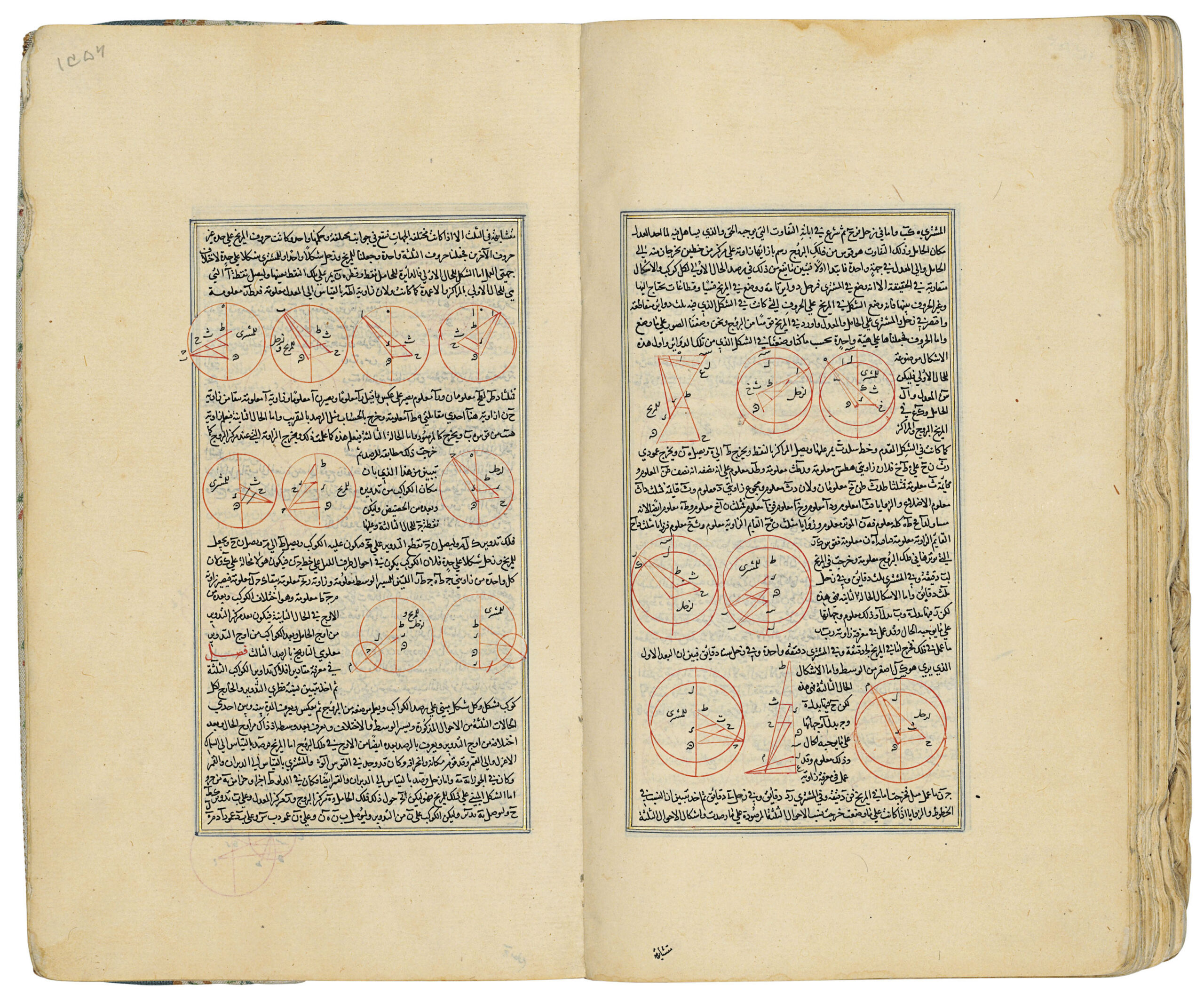Shia Islam, with its rich tapestry of theological teachings and historical narratives, offers profound insights into the lives of influential figures who shaped its evolution. Among these pivotal personalities, Abdullah Ibn Husayn, also known as Abu ‘Ali al-Husayn ibn ‘Abdullah ibn Sina, stands out as a luminary in the realms of philosophy and science. His contributions not only display the intellectual prowess of the Shia tradition but also invite us to explore the intricacies of faith, reason, and ethics. How might Ibn Husayn’s life and works challenge our perceptions of science and religion in contemporary times?
Born in the 10th century in what is now Uzbekistan, Ibn Sina is often celebrated as the father of modern medicine and a prominent philosopher. His seminal work, “Kitab al-Shifa” (The Book of Healing), encompasses not only medical sciences but also an immense corpus of philosophical thought and logic. In contemplating his legacy, one might grapple with the question: Can religious beliefs coexist harmoniously with scientific inquiry, or must they always exist in tension? This duality beckons us to explore the tenets of Shia teachings as elucidated through Ibn Husayn’s life and works.
A pivotal aspect of Ibn Husayn’s philosophy resides in his unwavering conviction in the harmony of faith and reason. Unlike some of his contemporaries who perceived religion as an obstacle to intellectual progress, Ibn Sina championed a vision where the pursuit of knowledge is a sacred endeavor, intrinsically linked to understanding the divine. This notion aligns seamlessly with Shia teachings that advocate for the importance of education and knowledge acquisition as a means of drawing closer to God. The Quran itself underscores this imperative, urging believers to seek knowledge as a pathway to enlightenment.
Moreover, Ibn Husayn’s reflections on ethics and morality reveal a deeply ingrained respect for human dignity and the sanctity of life. Through his philosophical writings, he posited that ethical principles are not merely abstract concepts but ought to guide the intrinsic behaviors of individuals. This emphasis on morality resonates profoundly within Shia teachings, where the ethical dimensions of actions are intricately tied to one’s faith. Such principles serve not only as a moral compass but also as a mechanism for fostering societal harmony and justice.
Tags
Share this on:
[addtoany]


